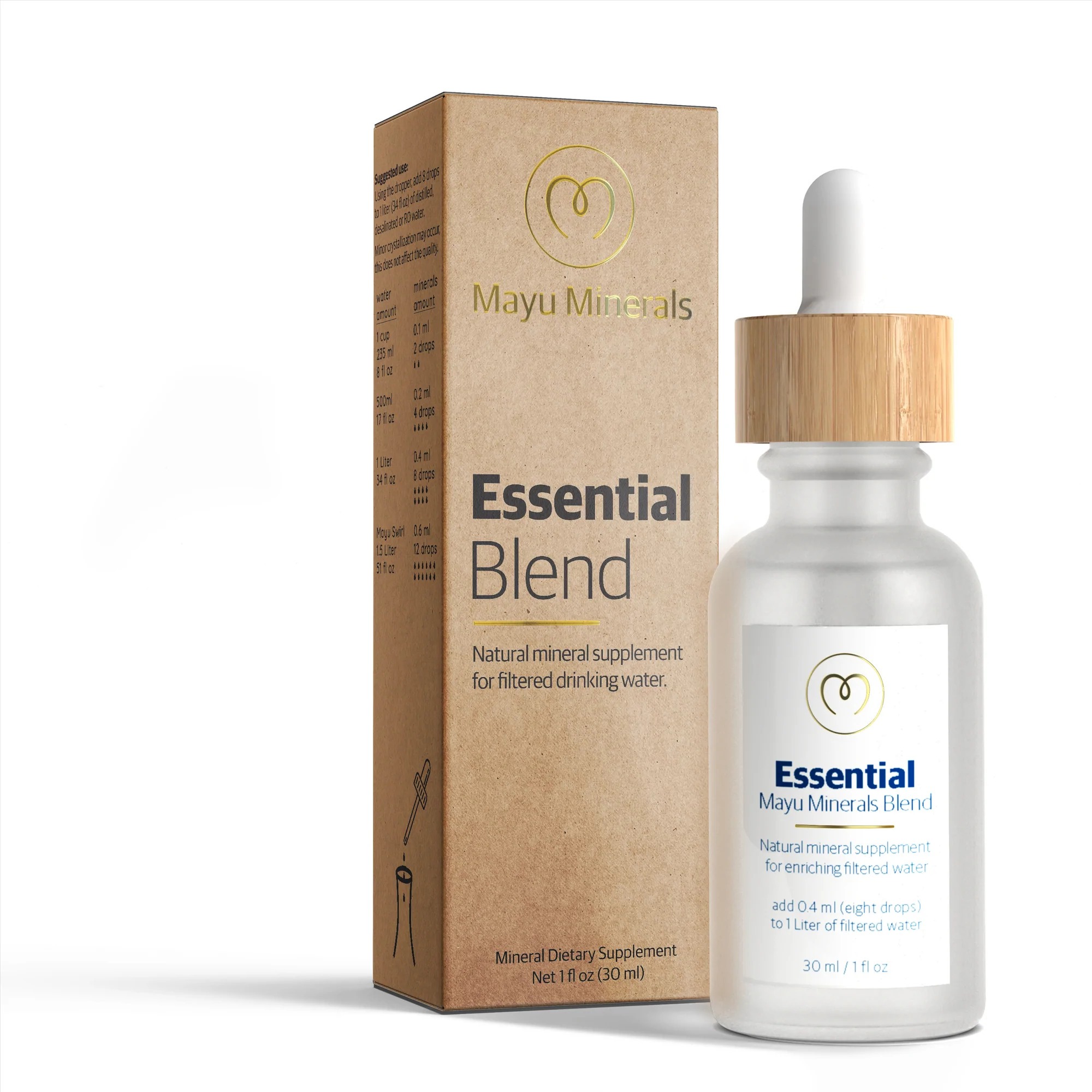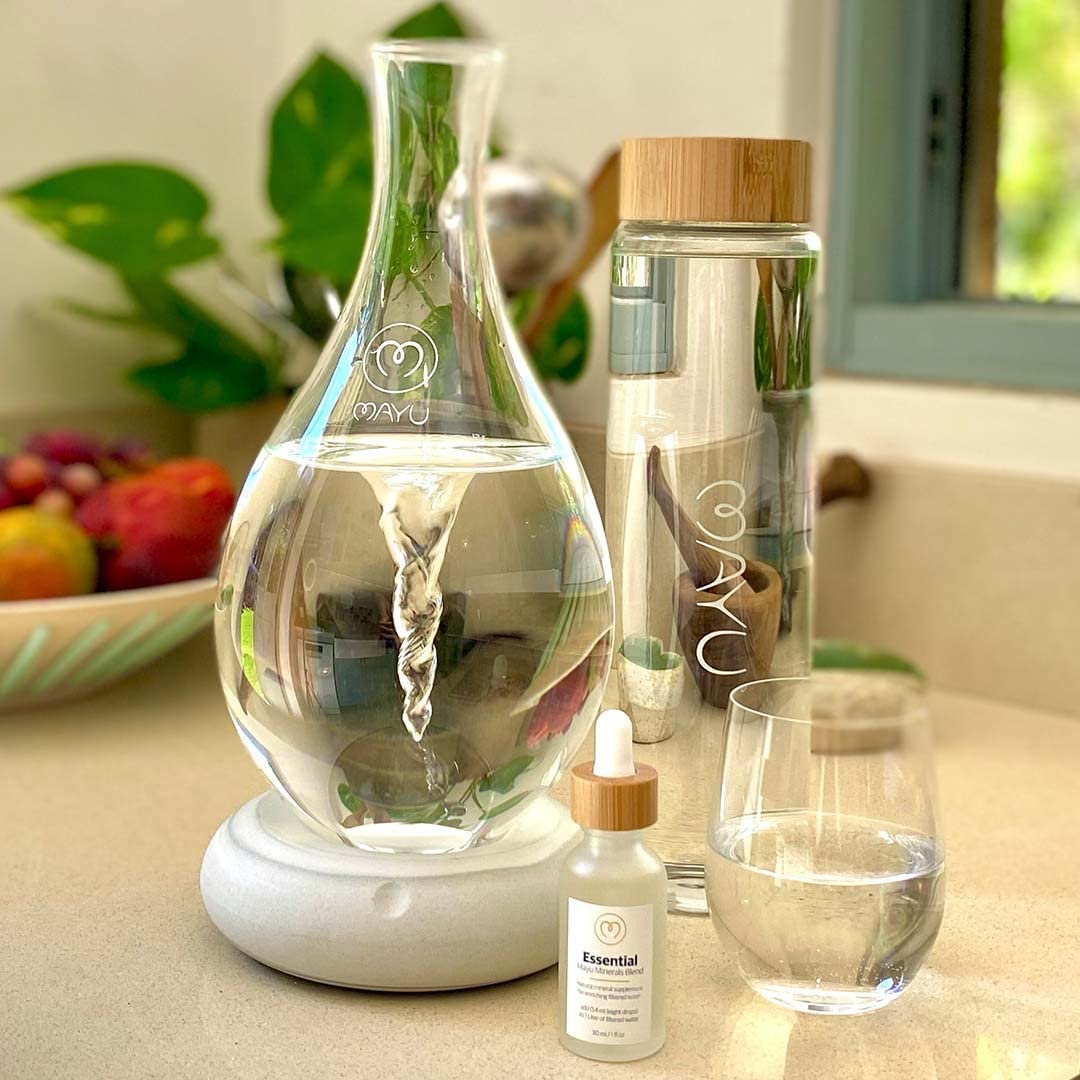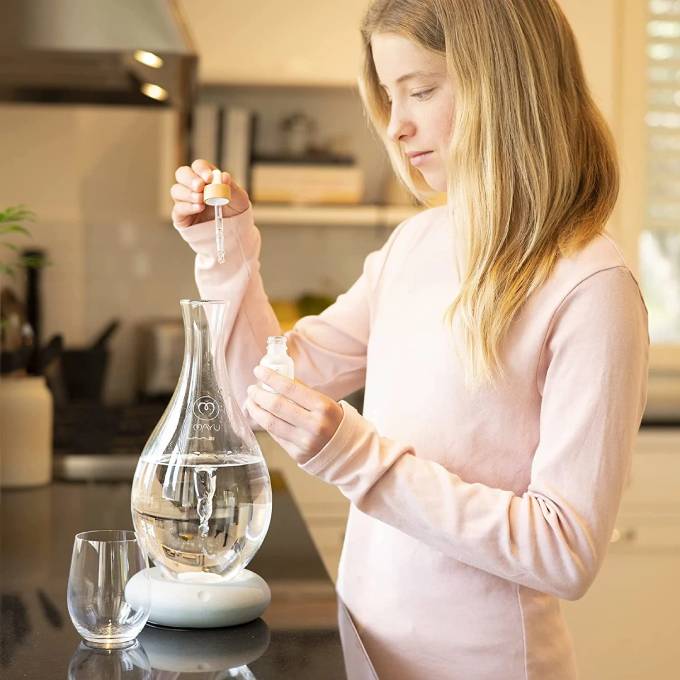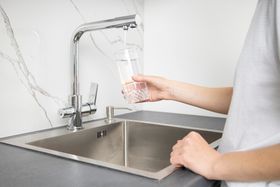Are Reverse Osmosis Filters Safe for Drinking Water?
Updated February 5, 2025

While the reverse osmosis system may be appealing due to its efficiency at filtering water, it's important to consider the safety of RO water before choosing an RO water system. The good news is that reverse osmosis filters are safe for drinking water, as RO water treatment produces clean drinking water without the use of chlorine or other chemical cleaning agents. An RO system limits your exposure to contaminants in tap water, ensuring you're drinking pure water.
» Learn the health benefits of reverse osmosis
How Reverse Osmosis Makes Your Water Safe
Reverse osmosis filters are safe for drinking water because they remove the following:
- Bacteria: RO removes potentially harmful bacteria from the water, like salmonella, E. coli, and Shigella, to name a few.
- Heavy metals: RO removes heavy metals that could cause health problems, like arsenic, lead, copper, and mercury.
- Viruses: RO removes harmful viruses that cause illnesses like rotavirus, hepatitis A, and norovirus.
- Hard minerals: RO removes all minerals from the water. Although this means the water should be remineralized to add back some of the essential minerals your drinking water should have, removing hard minerals like calcium and magnesium softens the water and slightly alters its taste.
» Find out how to remove THMs from your drinking water
Ensure Safe Drinking Water With Reverse Osmosis
While reverse osmosis is a highly effective system, one of the main criticisms of RO is that it removes all minerals from tap water. Although this softens the water, some essential minerals should be added back to the water to provide you with all the nutrients you need.




Fortunately, it's easy to remineralize your water by adding Mayu's Essential Mineral Drops, which is one of the healthiest ways to add the minerals back to your RO water.













































